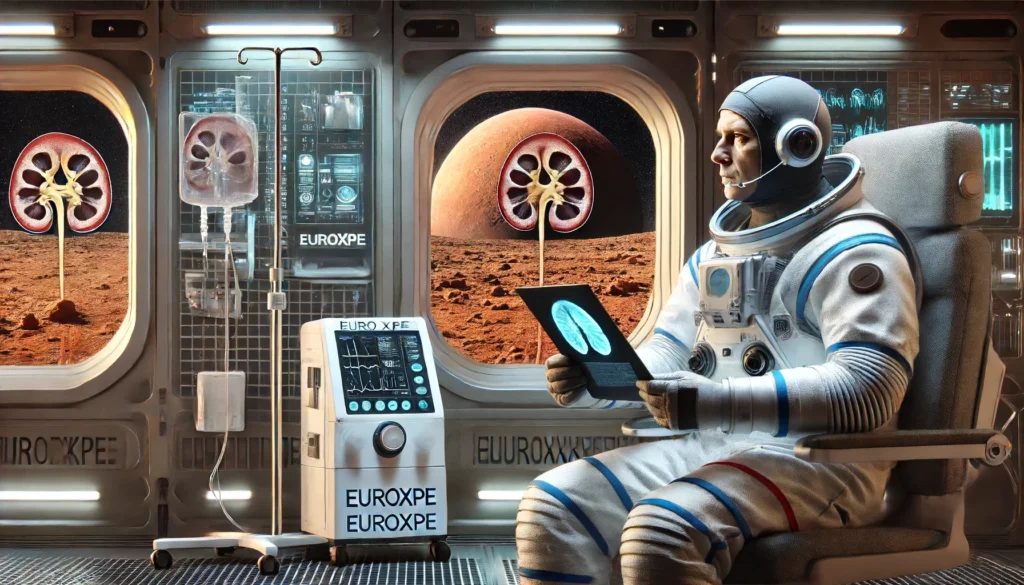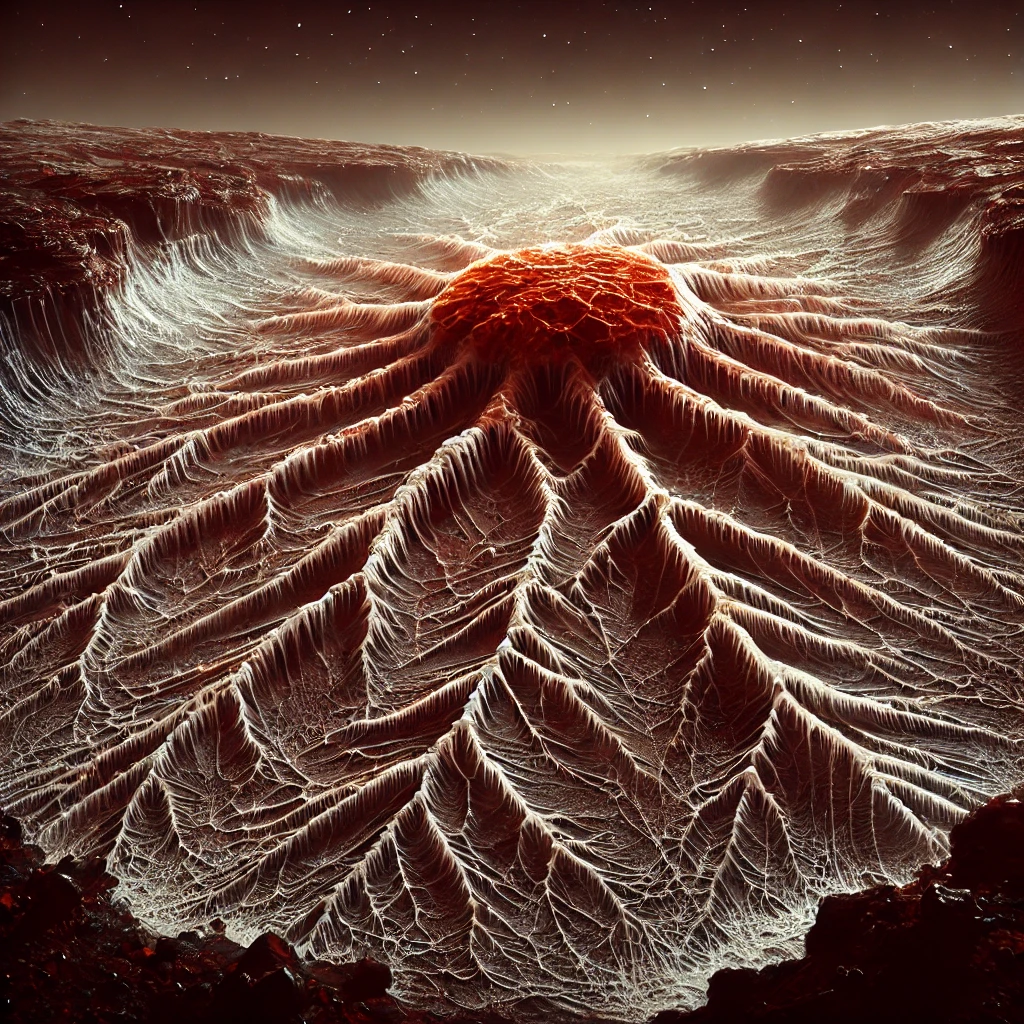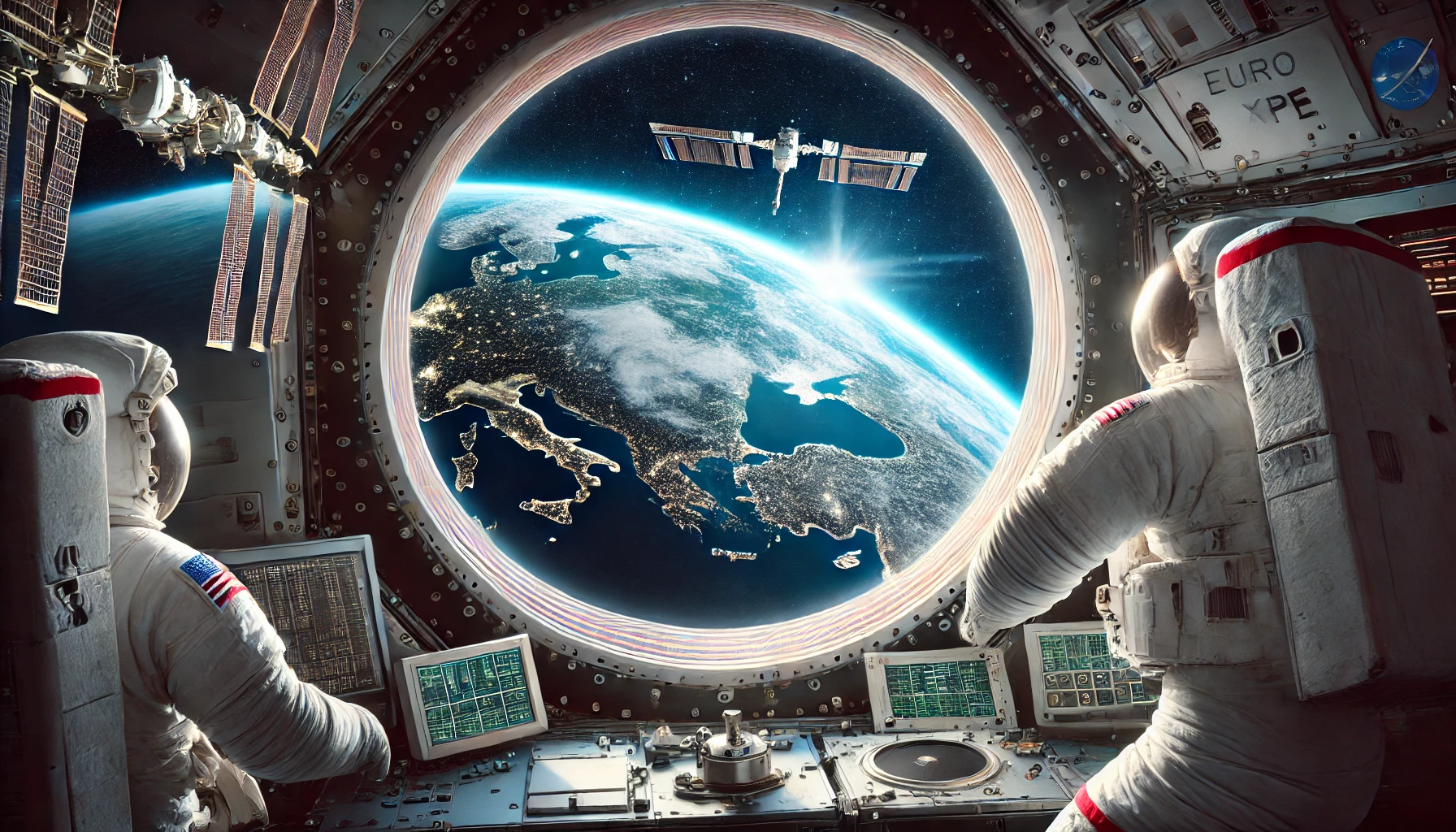Recent research has raised significant concerns regarding human missions to Mars after findings revealed that prolonged space travel can adversely affect the structure of astronauts’ kidneys. The study, conducted by scientists at University College London (UCL), examined samples from over 40 space missions involving both humans and mice. The results indicated that the unique conditions in space lead to kidney remodelling, with certain parts showing signs of shrinkage after less than a month in space.
The implications of these findings are profound, potentially jeopardising ambitious plans by SpaceX and NASA to send crewed missions to Mars within the next two decades. Elon Musk, CEO of SpaceX, has optimistically suggested that such missions could become a reality within the next “10 to 20 years.” However, the newly uncovered health risks present a significant hurdle to these aspirations.
The study from UCL highlighted that both microgravity and galactic radiation encountered during space flights pose serious health risks, with the severity increasing the longer an astronaut is exposed to these conditions. While the idea of future missions to Mars has not been entirely dismissed, the researchers emphasised the urgent need to develop measures to protect astronauts’ kidneys from the harmful effects of space travel. Potential solutions include the introduction of recovery methods onboard spacecraft, such as dialysis machines, to manage kidney health during the journey.
Dr Keith Siew, the first author of the study from the London Tubular Centre, UCL Department of Renal Medicine, expressed concern about the unknowns surrounding longer space missions. “We know what has happened to astronauts on the relatively short space missions conducted so far, in terms of an increase in health issues such as kidney stones,” he stated. “What we don’t know is why these issues occur, nor what is going to happen to astronauts on longer flights such as the proposed mission to Mars. If we don’t develop new ways to protect the kidneys, I’d say that while an astronaut could make it to Mars, they might need dialysis on the way back.”
One of the critical challenges noted in the study is the delayed onset of kidney damage due to radiation. Professor Stephen Walsh, senior author of the study from the London Tubular Centre, UCL Department of Renal Medicine, pointed out the difficulty in mitigating this risk. “Our study highlights the fact that if you’re planning a space mission, kidneys really matter,” he explained. “You can’t protect them from galactic radiation using shielding, but as we learn more about renal biology, it may be possible to develop technological or pharmaceutical measures to facilitate extended space travel.”
The findings of this research, published in the journal Nature Communications, underscore the necessity of addressing renal health in the context of long-duration space missions. As space agencies and private companies continue to pursue the dream of reaching Mars, the health and safety of astronauts must remain a top priority. This study serves as a crucial reminder of the many challenges that lie ahead and the innovative solutions required to overcome them.






